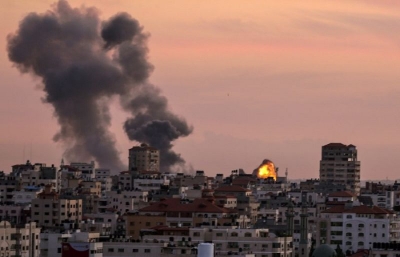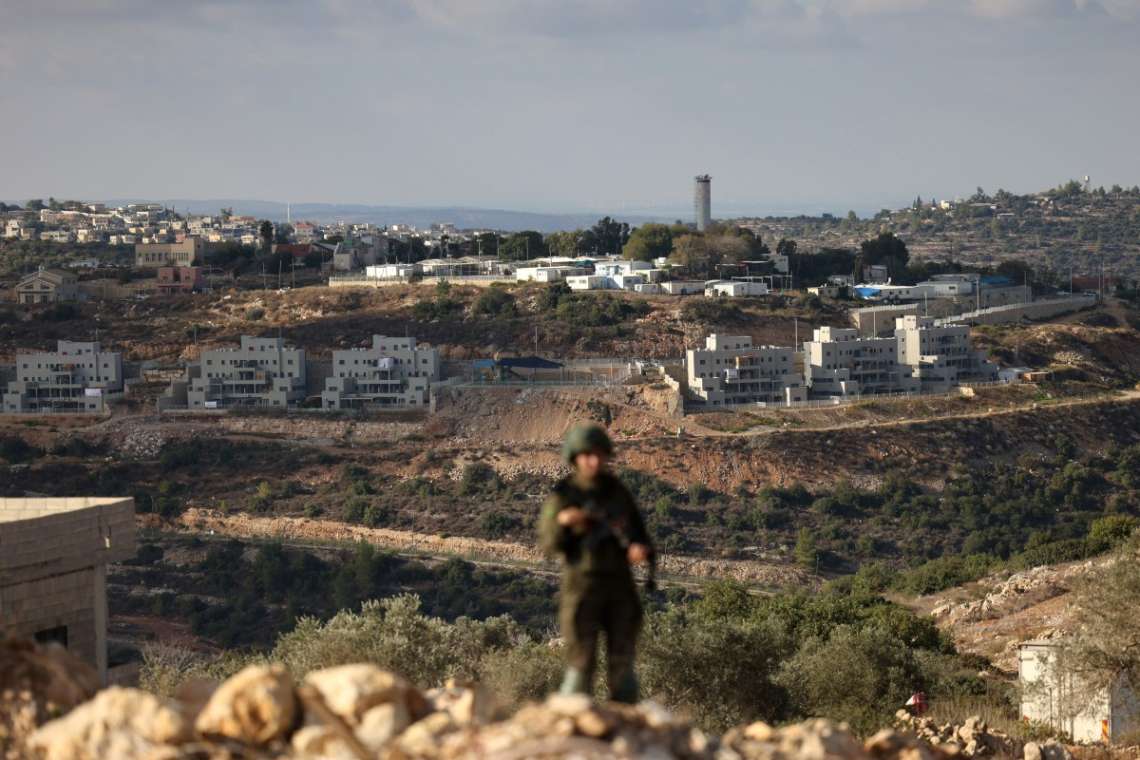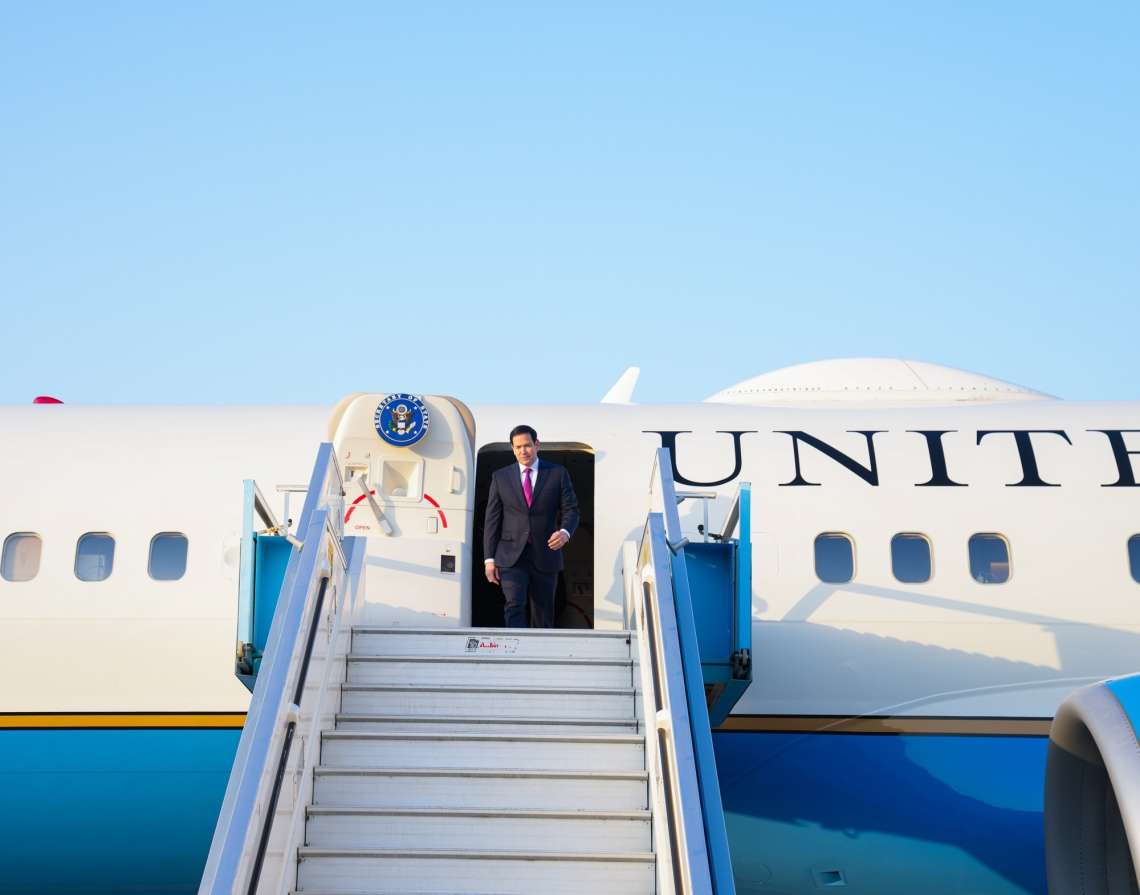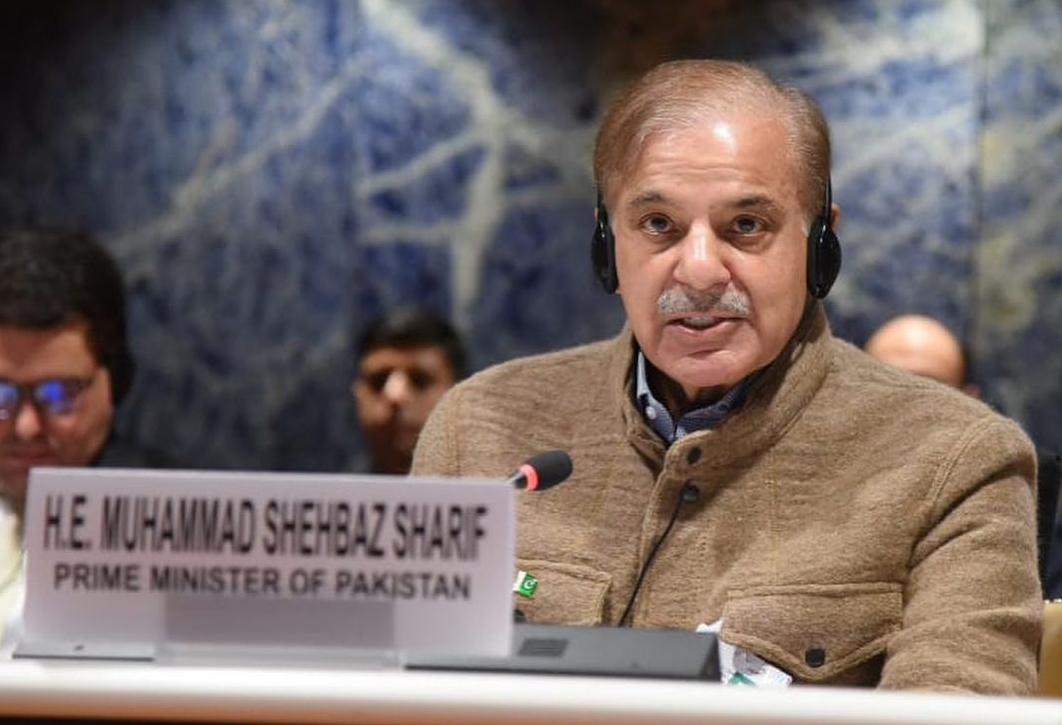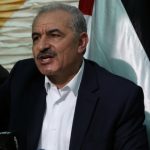Israel has struck two tunnels, first, one is located in the northern Gaza city of Beit Hanoun and the second one is near the southern Gaza city of Khan Younis…reports Asian Lite News
In response to a major rocket attack, Israel on Friday launched airstrikes in the Gaza Strip and Lebanon amid escalating tensions in the region.
In a statement, the Israel Defense Forces (IDF) said that it “struck targets including terrorist infrastructures belonging to Hamas in southern Lebanon”.
It has struck two tunnels, first, one is located in the northern Gaza city of Beit Hanoun and the second one is near the southern Gaza city of Khan Younis.
“The IDF will not allow the Hamas terrorist organisation to operate from within Lebanon and hold the state of Lebanon responsible for every directed fire emanating from its territory,” the statement said.
This comes in retaliation after 34 rockets were fired from Lebanon into Israel late Thursday night, said the IDF.
It said that 25 rockets were intercepted by the IDF Aerial Defense Array, while five landed in Israeli territory and four additional launches were under review.
Meanwhile in the Gaza Strip, Israeli warplanes stepped up airstrikes with around 20 missiles hitting four new sites in 10 minutes, the BBC reported.
Meanwhile, Hamas, the militant organisation which controls the besieged Palestinian enclave, said that it was not aware of who launched the rockets into Israel from Lebanon.
The attack was the biggest single barrage from Israel’s northern neighbour in 17 years.
Hamas chief Ismail Haniyeh, who was in Lebanon when the rockets were launched, said Palestinians would not “sit with their arms crossed” in the face of Israeli aggression.
Tensions remain high after Israeli police raided the Al-Aqsa Mosque in East Jerusalem on consecutive nights earlier this week.
The violence first broke out on Tuesday night during a sensitive holiday time when tens of thousands of Muslim worshippers observe the holy month of Ramzan through prayers at the hilltop compound.
Below the compound, scores of Jewish pilgrims commemorate the Passover holiday with prayers at the Western Wall.
The Al-Aqsa Mosque is the third holiest site for Muslims and the most sacred place for Jews.
In the past, the shrine has often seen clashes between Palestinian worshippers and Israeli security forces, triggering wider unrest.
In May 2021, an Israeli raid here contributed to an 11-day full-scale conflict between Israel and Hamas, the Islamist militant group which governs the Gaza Strip.
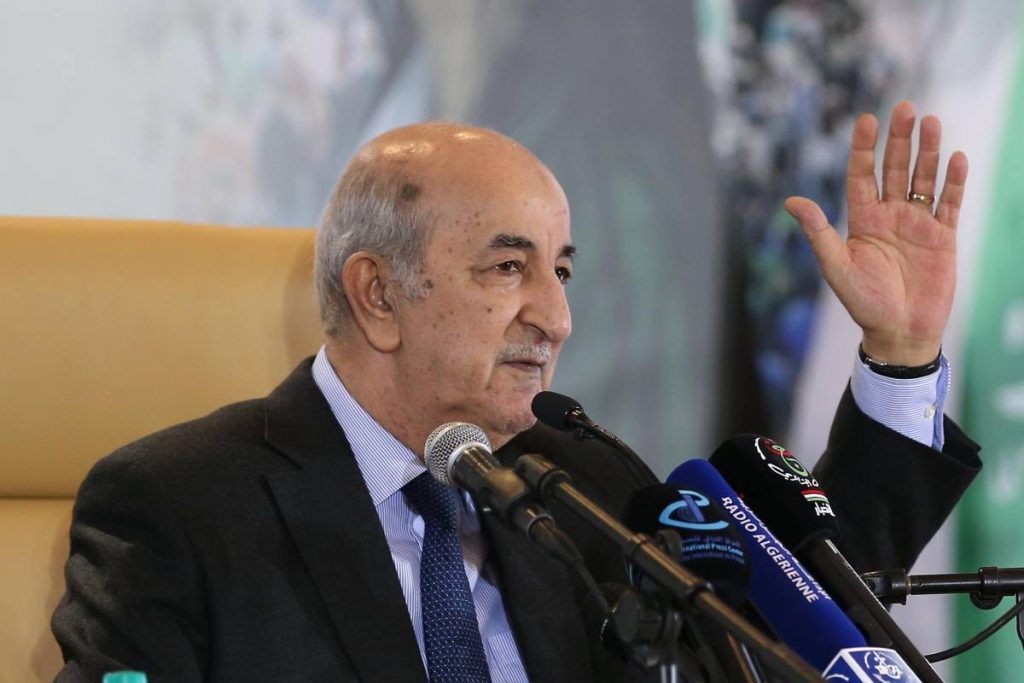
Lebanon rejects military escalation
Lebanon rejects any military escalation from its lands and the use of Lebanese territories to carry out operations that may jeopardise the country’s stability, said Lebanese Prime Minister Najib Mikati.
Mikati’s remarks on Thursday came following the rocket attacks launched from Lebanon at Israel, hours after Israeli police forces raided the Al-Aqsa Mosque compound in Jerusalem’s Old City for a second consecutive day, triggering fresh clashes with Palestinian worshippers.
“Lebanon is committed to UN Resolution 1701 and the close coordination between the Lebanese Army and the United Nations Interim Force in Lebanon (UNIFIL),” the Lebanese Prime Minister was quoted as saying in a statement released by the Council of Ministers.
Meanwhile, the UNIFIL issued orders to civilian and military staff to resort to shelters inside their bases amid the escalation on the Lebanese-Israeli border, Xinhua news agency reported.
“UNIFIL’s peacekeepers continue to perform their duties and do everything they can during this day of an explosive and dangerous situation,” the UNIFIL said in a statement released by the National News Agency.
On Thursday evening, three new rockets were fired from the Lebanese district of Marjeyoun into northern Israel. It came after dozens of rockets were fired into Israel from Lebanon, prompting the Israeli Army to shell the outskirts of the southern Lebanese town of al-Qulayla with artillery.
This was one of the worst rocket attacks at northern Israel since the full-fledged war between Israel and Hezbollah, an Iran-backed Lebanese group, in 2006.


